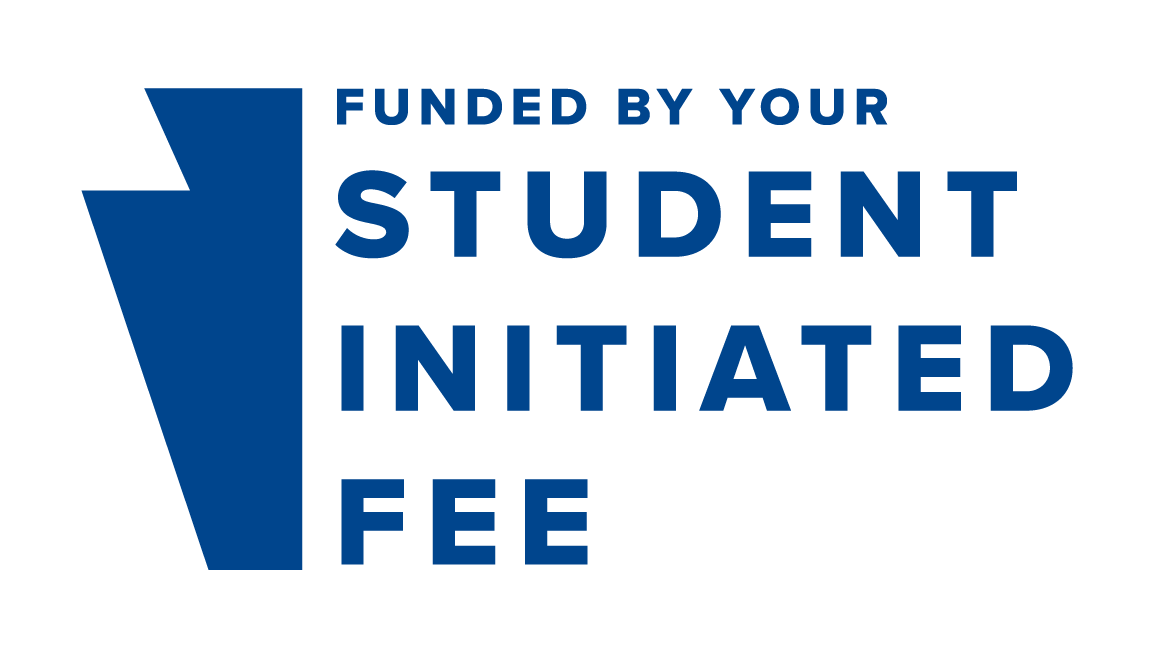Collateral Consequences
There can be penalties or effects of a criminal conviction beyond the jail time, fines, or costs; lawyer's call these 'collateral consequences'. While they are 'collateral' to the criminal penalties, these consequences can have a direct impact on your life. The collateral consequences are not written on the ticket or charging document, so many people are not even aware that their plea or conviction will result in these consequences until it is too late to change anything. If you're charged with a criminal offense, talk to a lawyer before entering a plea.
For example, consider the situation when a student pleads guilty to a summary citation for possession of a fake ID and pays the fine. The student is scheduled to start an internship at a bank in a few weeks. It was not written on the ticket, but there are collateral consequences beyond the fine: the student will lose their internship and may not be eligible to work for any FDIC insured institution for 5 years. Whenever you are charged with a crime, you should always have a consultation with an attorney.
-
Employers are increasingly requiring background checks. A criminal history can impact a student's ability to obtain internships and employment. Pennsylvania's Criminal History Records and Information Act provides some protection against adverse hiring decisions for minor crimes, and crimes not related to the ability to do the job, but even these protections do not apply to professional licensing and may be superseded by federal laws.
The most common crimes we see that impact students' future employment are honesty crimes (fake ID, retail theft, burglary, etc.), crimes of violence (disorderly conduct engage in fighting, harassment, assault, etc.), crimes against minors, and drug crimes.
-
A conviction for any offense under any federal or state law involving the possession or sale of a controlled substance can make a student ineligible for federal or state financial aid. This can include grants, loans and work-study. Depending on whether it is a first, second, or third offense, the period of ineligibility can range from one year to indefinitely.
-
Violation of Pennsylvania laws can result in the suspension or revocation of your driver's license. This includes:
- Failing to respond to a traffic citation,
- Driving Under the Influence,
- Driving on a suspended license,
- Unpaid traffic violations, and
- Lapsed vehicle insurance.
-
Under the Landlord-Tenant Act, a landlord can evict a tenant convicted of drug-related offenses, including convictions for the sale, manufacture, or distribution of illegal drugs.
-
The privilege of possessing a firearm can be lost after conviction of certain offenses under state or federal law.
-
Other countries may consider an individual's criminal record when determining admissibility. The Foreign Worker Canada immigration law firm provides a great overview of the crimes that make individuals inadmissible to Canada, and how, when, or if that admissibility can be overcome.
-
A felony conviction bars service in the armed forces unless an exception is made. Military pensions may not be paid if incarceration in a local, state, or federal penal institution is the result of a misdemeanor or felony offense.
Students in ROTC programs can face discipline, including disenrollment and loss of scholarship for criminal conduct.
-
Students who are not United States citizens can face immigration consequences from criminal charges or criminal convictions including:
- Visa revocation
- Deportation
- Unable to reenter country
- Bar to request for new immigration status
Every situation is unique. If you are not a United States citizen and are facing a criminal charge, consult with an attorney experienced in both criminal and immigration law (some attorneys will call this 'crimmigration').


